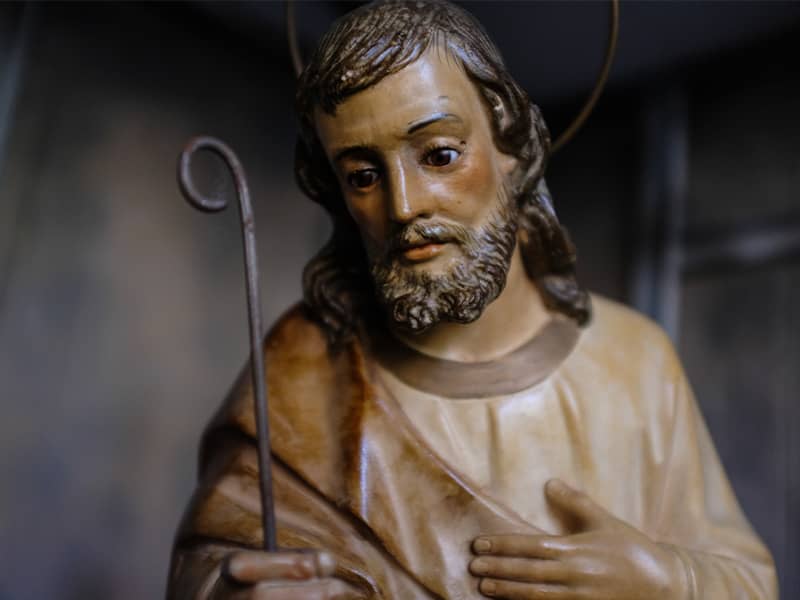Looking back after 27 years, I think God was at work in all that messy process. My wife and I have had a good marriage. I have worked productively on a larger (though not necessarily a better) stage as a university professor, author, and lecturer. And I still disagree with the papal teaching on sexuality.
But I also look back with deep regret for my personal failure and sin. I find it important to remind people who might--for whatever reason--think too well of me that I am a man who broke his monastic vows and by marrying a divorced woman created a stumbling block for others. I am not interested in rationalizing my behavior back then. I am not even sure I was "making decisions" as much as I was carried along by a variety of passions. But it was surely me doing it, and I accept responsibility for what was surely, at some deep level, the disposition of my freedom.
I have never made a public protest against the monastery or the Vatican in its dealings with me and do not want to do so now. The church has its rules and the right to impose penalties on people like me who break them. I am far more interested in trying to ratify the decisions I made then by living now a worthwhile life that is in some recognizable sense continuous with the values I embraced as a monk and priest.
Some things were hard in the transition from 15 years in a monastic environment to life in the world. I had a lot of growing up to do at warp speed: learning how to care for seven children and an ill wife with no network of support, learning how to deal with money when I had never even had a paying job, learning how to be less naive about institutions and their ways. People were not particularly unkind, though most were fairly oblivious. How could they grasp the complexities of our situation? Our relatives were stunned and worried. The children of our merged family all had their quite understandable versions of resentment and grief. Most people just didn't know about our circumstances. My wife and I retreated to a very private life, trying to relate to the world as a new thing without being able to carry into that new venture much of our old and individual stories.
Being a former priest most affected my ability to carry out my vocation as a teacher and theologian. Not being able to teach in seminaries or Catholic universities, I had to learn how to function in an academic world that viewed Catholicism and ex-priests negatively rather than positively. The fear of failure, and the lack of a safety net, drove me hard and, I think, made me a little smarter for having to figure out new worlds and how to make my way in them.
Perhaps hardest were the years of alienation from a tradition I continued to love and, in my fashion, to practice. Each new parish that we joined provided an exercise in discernment and discretion in terms of how active a role we might play in its life. We had to decide whether to share fully in the Eucharist--including receiving Communion--so that our youngest child might grow up in the life of the church. We tried to be there without being visible. And mainly were.
I confess that I am excited to be part of the family again. It was a long exile. Internally, it is not entirely over, for having now been heard by my church I want to be sure that the need to be accepted and the fear of rejection does not prevent me from speaking honestly about the sins and failures of the church. I seek to be, in some small fashion, part of that loyal opposition from within that the church so badly needs. I am privileged, it turns out, to be in a situation where I can speak out boldly without threat to my family's livelihood--not something that theologians in Catholic institutions can claim these days.
A sense of sadness prevails these days. Not because I left. That was, I think, the right thing to do. God managed to draw creation out of the chaos that we made of our lives back then. And I am truly happier as a professor in a Protestant seminary (Candler School of Theology at Emory) than I would be as a priest in a Catholic seminary. I would not trade. I am content. But there remains real sadness at the manner of my leaving; sadness at the years in the wilderness when the comfort of fellowship would have lightened a long loneliness; and, above all, sadness at the truly wretched condition of Catholic clergy today. The lives of many priests are ones of quiet desperation made worse by inadequate education. I grieve that the church can find no way to be enriched by the teaching and service of its many talented and devoted former priests who are still barred from Catholic institutions, as I was for so many years.

